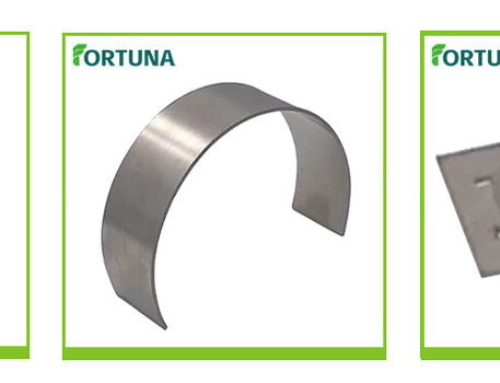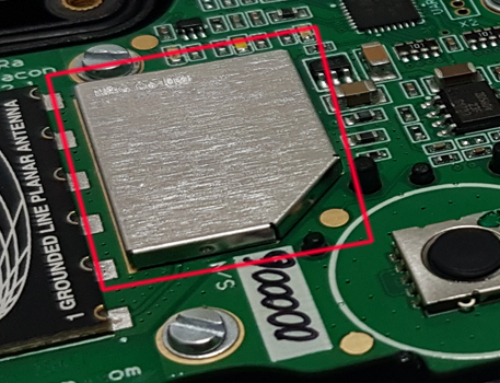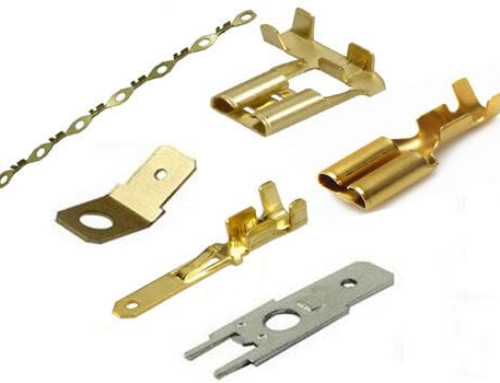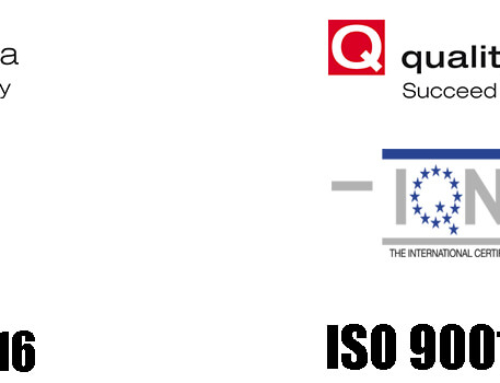The material selection of terminal connectors is crucial, as they need to have good conductivity, mechanical strength, corrosion resistance, and the ability to adapt to different working environments. Here are some materials commonly used for terminal connectors and their characteristics:
1. Copper
Conductivity: Copper is an excellent conductive material widely used in electrical connections. Its high conductivity results in minimal loss of current during transmission.
Mechanical strength: Although pure copper is relatively soft, its hardness and strength can be improved through alloying or heat treatment to meet the mechanical performance requirements of connectors.
Corrosion resistance: Copper has good corrosion resistance in general environments, but may require coating protection in certain special environments.
Application example: Copper and its alloys (such as copper tin alloys) are often used as the base material for connectors, especially in applications that require high conductivity and good mechanical properties.
2. Copper alloys
Diversity: There are various types of copper alloys, such as brass (copper zinc alloy), bronze (copper tin alloy), etc., each alloy has its unique physical and chemical properties.
Performance optimization: By adjusting the type and content of alloying elements, the performance of copper alloys can be optimized, such as improving strength, hardness, corrosion resistance, or wear resistance.
Widely used: Copper alloys are widely used in various electrical connectors due to their excellent comprehensive performance.
3. Coating material
Tin Plating: Tin plating can provide good corrosion resistance and solderability while maintaining good conductivity. It is commonly used to protect copper substrates from oxidation and corrosion.
Nickel Plating: Nickel plating has excellent corrosion resistance and wear resistance, making it suitable for connectors that require high durability.
Gold plating: Gold plating has excellent conductivity and corrosion resistance, but it is relatively expensive and is usually used for high-end connectors with extremely high performance requirements.
4. Other materials
Stainless Steel: Although its conductivity is not as good as copper and copper alloys, its excellent corrosion resistance and mechanical strength make it a preferred material for specific environments.
Aluminum alloys: Aluminum alloys have the characteristics of lightweight and high strength, but their conductivity is relatively poor, so they are usually used in situations where weight is strictly required and conductivity is not high.
Summary
The material selection of terminal connectors should be determined based on specific application scenarios and requirements. Copper and its alloys have become one of the most commonly used materials due to their excellent conductivity and mechanical properties. At the same time, in order to improve the corrosion resistance, weldability, or wear resistance of connectors, coating treatment is usually used. When selecting materials, factors such as cost, processing performance, and environmental requirements also need to be considered.



